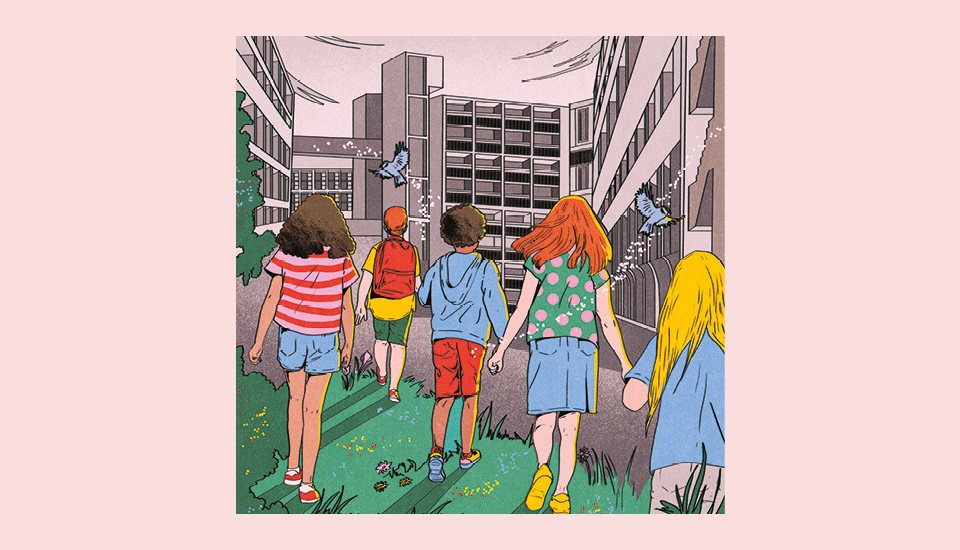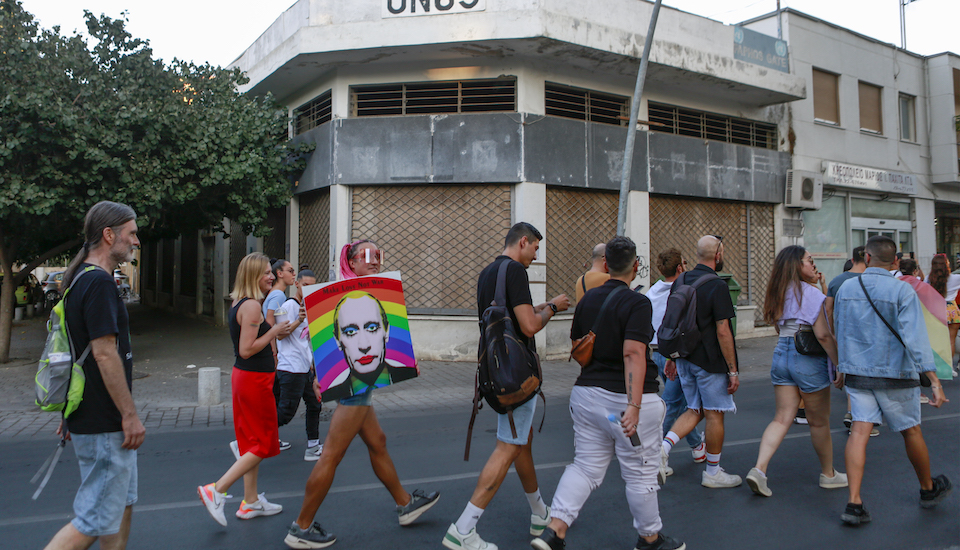Ben Cole is an apprentice at Real Ideas Organisation, lead organisation for Plymouth’s City of Learning. He tells us why digital badges are an effective way of recognising and communicating achievements, and how young people can use them to confidently tell their own stories.
Validating achievements is important for young people
Ever since I was a child, having my achievements validated has meant a lot to me. The reward triggered a part of my brain and helped shape what behaviours I responded better to over time. It has moulded me into who I am.
From the rainbow chart earning me some respite after a week of arduous Year 1 play time, to a certificate for being good enough to write in pen, recognising these small, bite-size learning milestones gave me the confidence to keep going. During secondary school, I put my own trading card club together where shy and introverted people could spend time playing Yu-Gi-Oh or Pokémon, and gain recognition for this by their peers. It’s all shaped the person I am today.
Scouting and Girl Guide organisations have known this for a long time. They teach young people skills that are vital to life and survival in circumstances that, for our modern world, seem far away from ever becoming a reality. Employers will rarely view knot-tying or being able to pitch a tent as essential skills for the workplace, but when you are in a situation where problem-solving is called upon, your life skills becomes invaluable. This is especially true if you can step up and become a leader by demonstrating these skills.
Badges recognise and communicate the value of your achievements
Without something like a badge to recognise these skills and experiences, or without people praising you for your achievements, you can easily forget why what you have done is worth something. Digital badges recognise and communicate that worth.
For instance, with my Generation E digital consultant badge, I have been invited into many focus groups by companies where I have given my perspective on the best way to interact with, appeal to, and hire young talent. I also spoke with an online events company about how they could best promote themselves. All of this became a great story to tell.
Telling the story of your achievements
When you do these things, you don’t always understand what skills you have used, or the significance of it all. When you come to write your CV, you can remember the activity, but what were the skills that you gained?
Badges break down everything you have achieved: the skills, the experience, the reasons why you have earned the badge. It gives you the words to tell the story and ‘sell’ your experiences, in turn demonstrating why you should be considered for a particular role.
Badges build confidence in young people
The skills I gained from the experiences I participated in helped me to conduct meetings with a whole host of other organisations and people. It unleashed a well of confidence, all from understanding what I had done, and that I had done it elsewhere without realising. It broke down the barrier I had with my confidence and enabled me to open my mind to new experiences.
I had struggled with my confidence during my experiences with Generation E and while earning my badges. Now I feel I have a brighter future. Digital badges offer a tool for those who are learning and developing themselves in their free time to grow and to feel achievement, as well as for local businesses recognise their talent.
Read more about why digital badges are great.
Related articles
-
Young at heart
Journal
Jonathan Prosser
Becoming a nation with children at its centre in 10 courageous steps.
-
Open RSA knowledge standards
Blog
Alessandra Tombazzi Tom Kenyon
After investigating ‘knowledge commons’, we're introducing our open RSA standards and what they mean for our practice, products and processes.
-
Worlds apart
Comment
Frank Gaffikin
We are at an inflexion point as a species with an increasing need for collaborative responses to the global crises we face.



